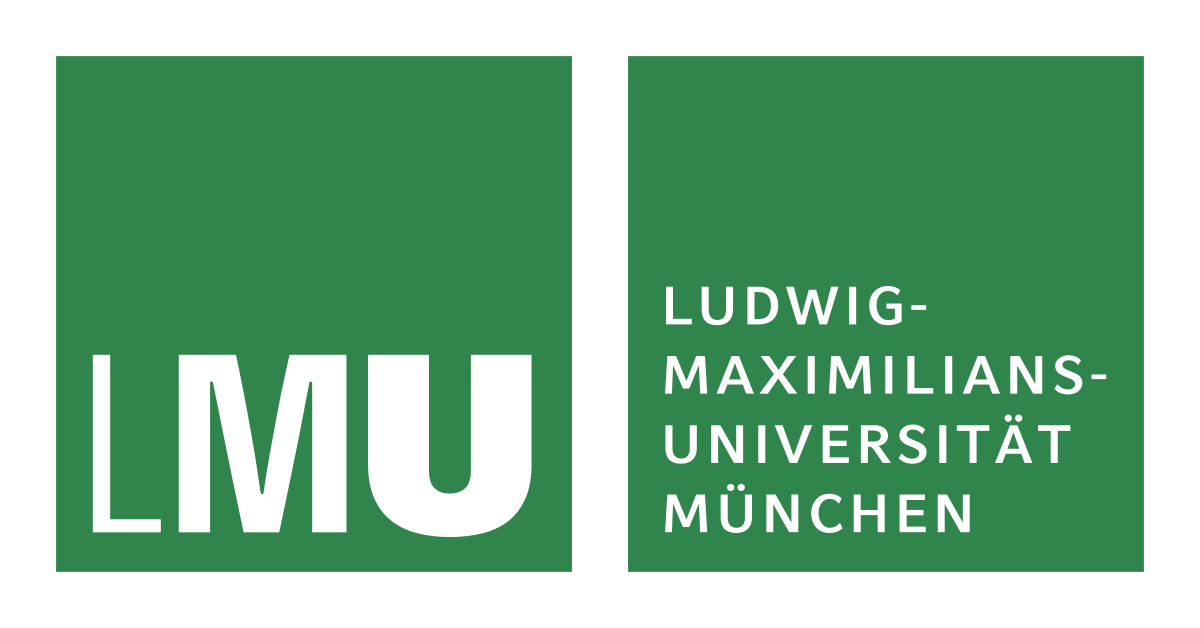LMU: Understanding AI: novel interdisciplinary study program
On the recommendation of a panel of experts, “AI as a major Minor” (AIM@LMU), a grant proposal submitted by LMU, will receive funding in the context of the research program on “Artificial Intelligence in Higher Education”. The scheme was set up, and is financed, jointly by the Federal Government and the States. Beginning in 2022, the AIM@LMU project will receive approximately 2 million euros over a period of 4 years. Its purpose is to design and implement a wide-ranging subsidiary study program devoted to the subject of Artificial Intelligence (AI). According to Prof. Eyke Hüllermeier, one of the applicants of the proposal and contact person at LMU, “the AIM@LMU Initiative not only represents an ideal addition to LMU’s current curriculum and research strategy, it will also complement the 15 new professorships in the AI field provided by the High-Tech Agenda for Bavaria.” “The project also fits in very well with our teaching programs at the Munich Center for Machine Learning (MCML),” says Prof. Bernd Bischl, Co-Director of the MCML, who also contributed to the grant application. “We also plan to make resources available for personnel, provided that the MCML becomes a permanent institution.”
Qualifications of future academic specialists
According to a statement issued by the Joint Science Conference (GWK), the overall aim of the program is to firmly establish AI – as a subject and a key technology – in the higher education system. The GWK was also responsible for the selection of the winning projects, and has now awarded approximately 133 million euros for research projects submitted by 81 institutions around the country either as individual or joint projects. Among the successful projects are measures intended to enhance the qualifications of future academic specialists in the field, as well as proposals for the development of AI-based learning and assessment environments.
Interdisciplinary applicability of AI
The LMU project responds to the rapid pace of development in the areas of artificial intelligence and machine learning. These advances have profound implications not only for industry and commerce, but for society as a whole. They will also have a marked influence on virtually all areas of science and scholarship, in which AI-based methodologies are opening up new research perspectives.
AI is set to become a key technology, and talented specialists in the field are in great demand both in Germany and in Europe as a whole. According to the authors of “AIM@LMU”, a general understanding of the concepts and methods that form the basis of the subject, together with an appreciation of its potential, limits and risks, is of vital importance. This is true for students of informatics and related subjects, but it also applies to students of other, presumably more remote disciplines.
This is because the interdisciplinary applicability of AI is paramount. The collaborative nature of the new AI study program will stimulate close cooperation between the new AI professors, which will in turn lead to long-term synergetic effects that transcend the boundaries of the subject itself. LMU also plans to feature the topic in a number of events, including a series of public lectures on AI in the coming winter semester.

